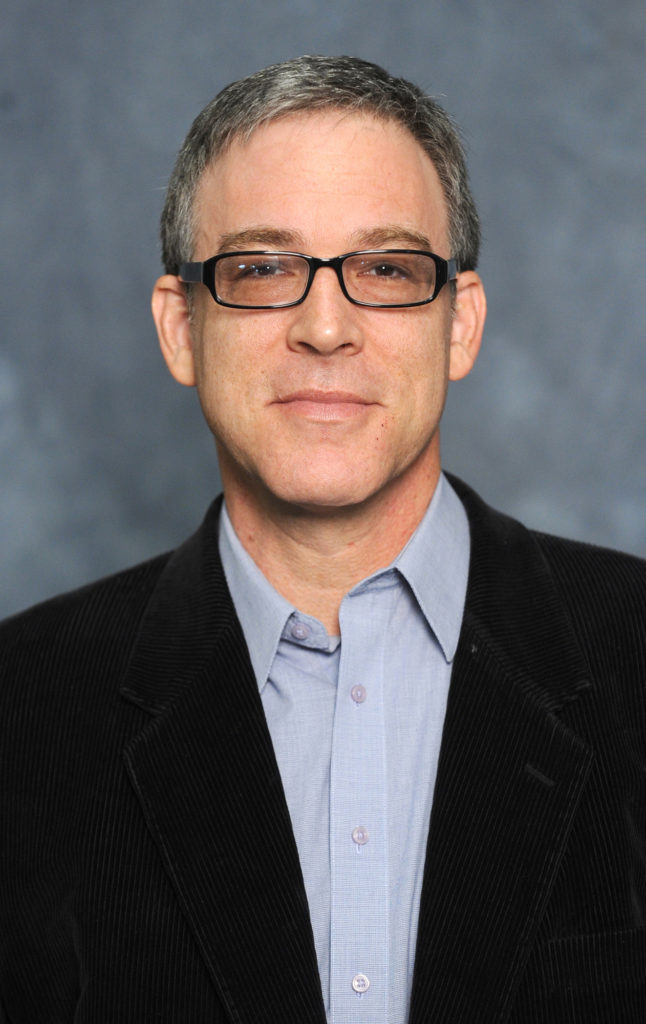The benefit of two “inoculations” of family-centered prevention programs designed to deter alcohol use among rural African-American youth will be the focus of a five-year, $3 million research project conducted by UGA researchers. The research is funded by the National Institute of Alcohol Abuse and Alcoholism.
“Currently, if young people receive an evidence-based prevention program at all, it occurs early in middle school, before kids begin experimenting,” said Steve Kogan, principal investigator for the project and an assistant professor in the College of Family and Consumer Sciences’ human development and family science department. “However, even if middle schoolers avoid alcohol use, they may not be protected during the high school years, when there are increasing pressures to use alcohol.”
Kogan will use the Strong African-American Families and Strong African-American Families-Teen programs as the basis for his study. The programs have their roots in research begun more than 20 years ago by researchers at UGA’s Center for Family Research that focused on how families support resilience development among rural African-American children and youth. In developing the SAAF and SAAF-Teen programs, researchers have found that building on the strengths of African-American families, enhancing communication between parents and children and helping young people set positive goals protects them from the substance use risks that frequently are found in resource-poor, rural environments.
Effective approaches to prevention must consider the changing context of risk young people experience across adolescence, according to Kogan. Previous research has demonstrated the success of the SAAF and SAAF-T programs separately, but Kogan is interested in seeing whether a second inoculation will prove more beneficial.
For the new study, Kogan and his fellow researchers will recruit 460 African-American youth between the ages of 10 and 12 who live in rural areas of Georgia. Half of the youth and their parents will participate in the seven-week SAAF program. Over the course of the participants’ middle-school years, surveys will be conducted to determine whether the SAAF participants are less likely to use alcohol. When the participants reach ninth and 10th grade, a new round of prevention programming will begin. Half of the SAAF participants will receive their second “inoculation” of prevention by completing the SAAF-T program and half of the group who did not participate in SAAF will be chosen to participate in SAAF-T.
